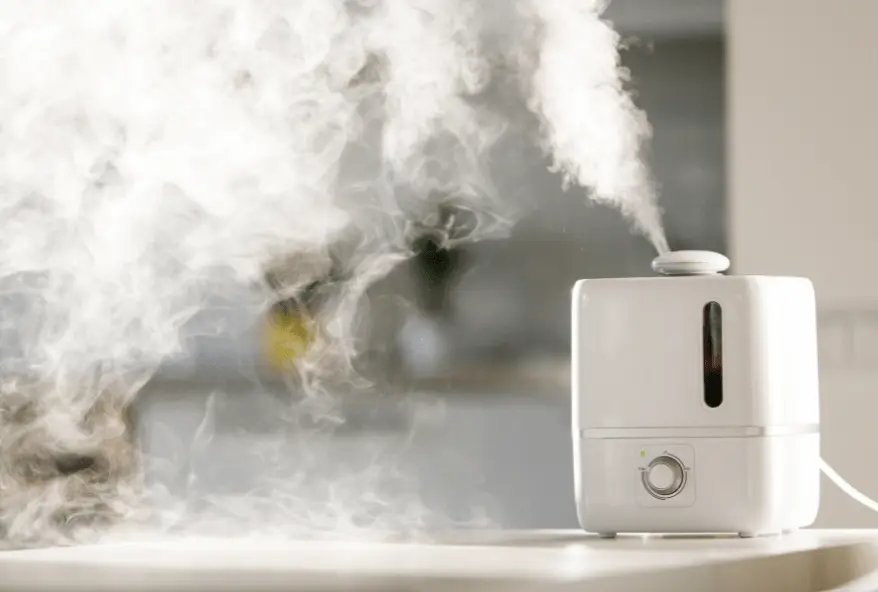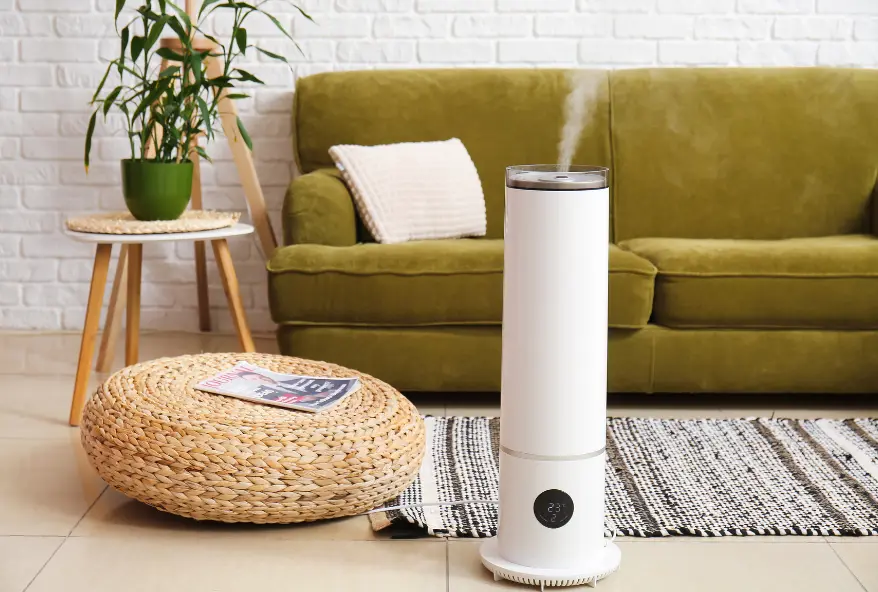Humidifiers are devices that add moisture to the air to increase the humidity level of a specific room or space. Used primarily during winter months or in dry climates, humidifiers can provide many benefits to occupant health and comfort. However, like any device, they also have certain disadvantages. In this article, we will take a detailed look at the pros and cons of humidifiers.
get more information
check details
Use of Humidifiers
Humidifiers are used to regulate the level of humidity in the air, which can be beneficial in several situations. They are particularly useful in areas where the air is naturally dry or during winter, when indoor heating can significantly reduce the relative humidity of the air. Humidifiers work by emitting water vapor or microscopic droplets into the air, thereby increasing the ambient humidity level.
Benefits of Humidifiers
One of the main benefits of humidifiers is their ability to relieve symptoms of respiratory conditions. Dry air can irritate the airways and worsen conditions like asthma, allergies and sinusitis. By increasing the humidity in the air, humidifiers can help soothe these irritations and make breathing easier.
Dry air can cause dry skin, chapped lips and irritated eyes. By maintaining an optimal humidity level, humidifiers help to hydrate the skin and mucous membranes, thus reducing these discomforts.
Viruses and bacteria spread more easily in a dry environment. By increasing humidity in the air, humidifiers can help reduce the spread of certain infections, such as colds and flu.
Air that is too dry can damage wooden furniture, musical instruments and other sensitive objects. Additionally, some houseplants require a specific humidity level to thrive. Humidifiers can help protect these valuable assets by maintaining an optimal environment.
A properly humidified environment is generally more comfortable, as it can help maintain a pleasant room temperature. Adequate humidity can also reduce static electricity, which is often a nuisance in dry environments.
Contact us
Take advice

Disadvantages of Humidifiers
If humidifiers are not properly maintained, they can become sources of mold, bacteria, and harmful microorganisms. These contaminants can become airborne and cause health problems, especially for people with weakened immune systems or allergies.
Humidifiers require regular maintenance to operate properly and safely. This includes frequent cleaning of water tanks and filters to prevent the buildup of mold and bacteria. A lack of maintenance can not only reduce the efficiency of the device, but also pose health risks.
Excess moisture in the air can lead to problems like condensation on windows, mold growth on walls and ceilings, and damage to wooden structures. It is therefore essential to monitor and regulate the humidity level to avoid these problems.
Humidifiers, especially older or less efficient models, can use a considerable amount of energy. This can increase utility costs, especially if the device is used frequently or continuously.
Some humidifiers, especially evaporative models, can be noisy in operation. This noise can be a source of distraction or annoyance, especially if used in spaces like bedrooms or offices.
Conclusion
Humidifiers can provide many benefits, including improving respiratory health, hydrating skin, and protecting furniture and plants. However, they also have disadvantages such as health risks if poorly maintained, high energy costs and noise problems. To maximize the benefits and minimize the drawbacks, it is crucial to choose a quality humidifier, follow the maintenance instructions, and monitor the humidity level regularly. By doing this, you can enjoy a healthier and more comfortable indoor environment.
